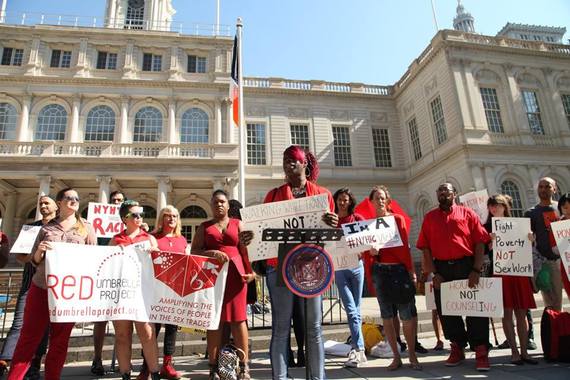This year has been full of remarkable progress for transgender people and their families. Each day, the affirmation of transgender civil rights are codified into law and policy and trans visibility in the media is at an all-time high. But 2015 has also been a year of unthinkable violence against transgender people. The number of reported transgender homicide victims is nearly double the reported rate in 2014; almost all of those targeted were transgender women of color. While we mourn the loss of these remarkable individuals, it is important to also recognize the violence that transgender people face throughout their lives on a daily basis.
In 2011, the ground-breaking report, Injustice at Every Turn: A Report on the National Transgender Discrimination Survey (NTDS), shed light on how pervasive experiences of violence and discrimination are for transgender people, especially trans people of color. Many respondents reported economic insecurity as a result of discrimination when seeking traditional employment and being cut off from educational opportunities and stable housing. One way some trans people get by in the face of this widespread discrimination is to engage in sex work to earn income or trade sex for housing or other needs: 11 percent of NTDS respondents reported that they engaged in sex work or the sex trade at some point in their lives.
Our newly released report, Meaningful Work, is the first in-depth look at the 694 NTDS respondents who reported sex trade experience. The criminalization and stigmatization of commercial sex worsens the discrimination and marginalization that transgender people already face. Almost two thirds of transgender sex workers report high levels of mistreatment at the hands of the police, while one in ten reported physical or sexual assault by law enforcement officers. The report also found striking racial disparities, with Black and Latina/o transgender people far more likely to report any sex trade experience. Transgender people of color with sex trade experience reported far higher levels of poverty, mistreatment and negative health outcomes than their white counterparts. As a result of stigma, many transgender sex workers are not able to access life-saving medical care or social services. In turn, attempted suicide rates for trans sex workers are astonishingly high. Sixty percent of survey respondents who were involved in the sex trade reported that they had attempted suicide -- a rate 37 times that of the general population at the time of the survey. This was also significantly higher than the attempted suicide rate of non-sex worker respondents.
Transgender sex workers reject categorization as victims or criminals -- they are individuals with needs and will pursue the necessary avenues to progress toward the life that they want. As a community we must do a better job of meeting the needs of transgender sex workers by providing inclusive social services and support. As LGBT advocates, we must continually fight for better policy that centers the needs of the most vulnerable members of our community. Efforts to improve the lives of trans people must prioritize addressing the stigma, marginalization, violence and criminalization that sex workers face. All transgender people deserve a meaningful path out of poverty and access to safe and meaningful work, no matter what that work is.
